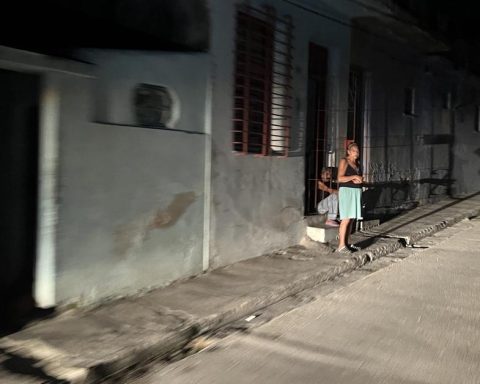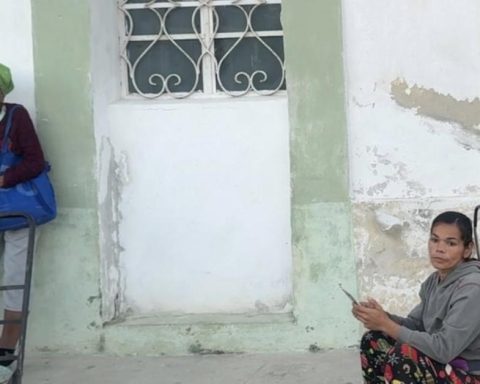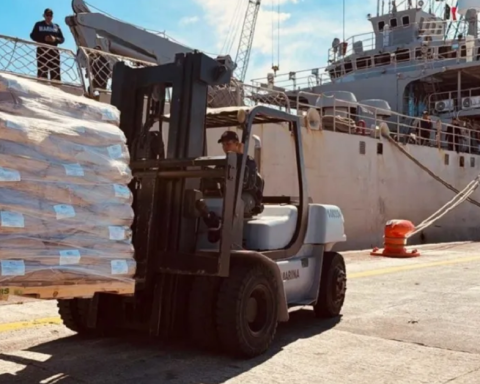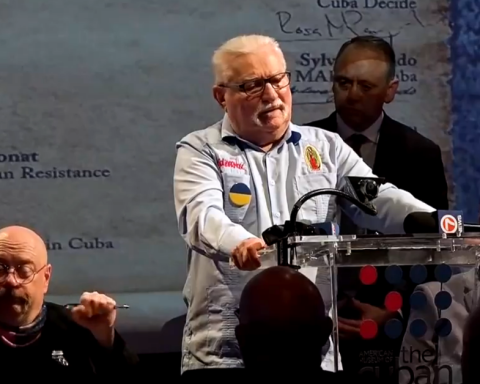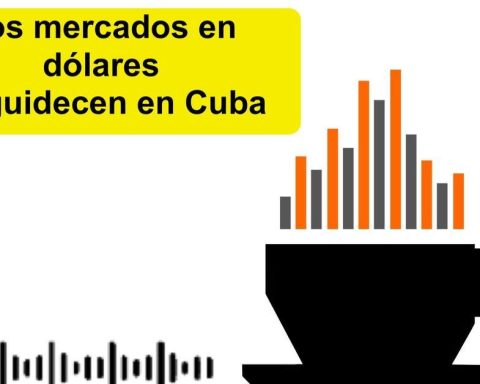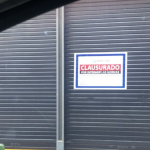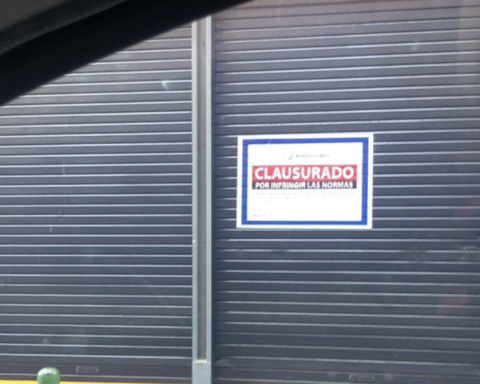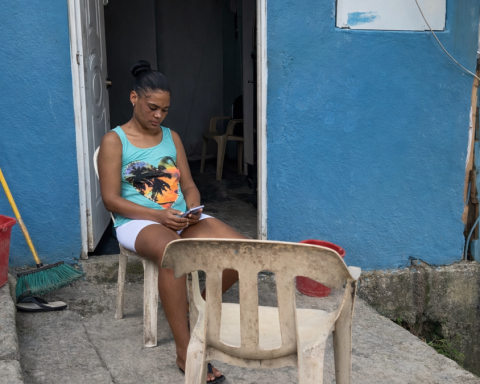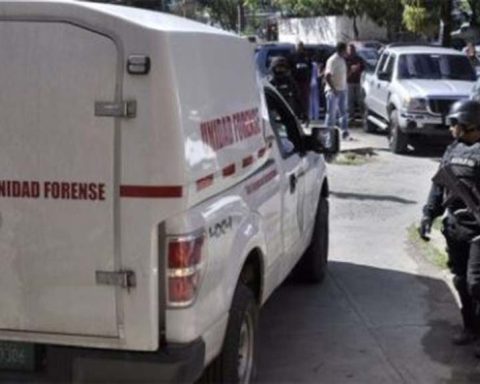On average, one week a month is wasted in complying with the state bureaucracy. Among the most affected sectors are agriculture and agro-exporters.
A ‘cobweb’ of licenses, permits, job requirements, formalities of taxes, among others, complicate the development and day-to-day Business in the country. The call red tape an average of 680 hours per year is ‘eaten’ from business local.
In other words, the equivalent of one week per month has to be devoted to compliance with a bureaucratic structure established since public sector. That time could be used to generate more production and employment.
Strategy to grow
Unlike Ecuador, Colombia consumes fewer hours for this process (524), but Argentina, more (810).
Raquel Bueno, entrepreneur and economist, commented that, although some optimizations have been made in the Internal Revenue Services (SRI) and in the processes of constitution of Business, we still have to reduce procedures to make the bet of making less cumbersome business in the country.
“There are sectors with more loads than others, but in general the requirements and processes should be reduced by at least half. With this, micro and small entrepreneurs could save up to 20% in expenses and 35% in time. That means more room to grow ”, he said.
Inefficiency and excesses
- First of all, almost 300 hours have to be invested in formalities from employment administration, which includes processes of hiring and firing, social security, occupational health, reports to ministries, among others.
Almost 40% of that time is spent in delays, dammed and duplicated processes. An example of this mismanagement is in the Ecuadorian Social Security Institute (IESS), which, despite having a payroll of more than 30,000 civil servants (most of them administrative), there are problems of payment and response time to requirements.
On average, between 10 and 15 new ones have been created formalities annually for the past 14 years.
For this reason, from business associations and productive sectors it has been proposed that, before creating new requirements, two or three must first be eliminated to compensate. So I could also go reducing the size of the state and much of the call unproductive public spending.

Penalized for producing
- Second, Business They must allocate around 235 hours a year to comply with permits, licenses, special certifications, among other requirements related to each sector of the economy.
One of the activities most affected by these obstacles is he agricultural and agro-exporter. Despite the fact that it is one of the engines of the country, and until September 2021 it generated more than $ 6,000 million of income, the farmers of the field have difficulties, even, to import basic inputs.
Thus, for example, on November 16, 2021, industrial and agricultural unions they denounced that the paperwork causes the time to triple they need to import scarce raw materials into the country, such as soybeans, corn and wheat.
In addition, you still need to reduce or eliminate a requirements technicians that generate expenses and no benefits to production. The National Customs Service It is one of the public dependencies that needs the most changes and optimizations.
Bueno pointed out that the more difficult the activities of those who act formally and legally become, the already large sector is being promoted. informal and from smuggling.

Fees and contributions
- Finally, although there have been improvements in the processes and progress has been made in digitization (especially in the SRI), the formalities linked to taxes, fees and contributions still take about 150 hours a year.
The biggest problem is in the taxes that are collected at the local level (especially through the municipalities). In addition, the processes and payments of fees in institutions – such as the National Transit Agency (ANT)– contribute to increasing costs in time and money. (JS)
Two actions to facilitate the start of business
The president of the Republic, Guillermo Lasso, signed two executive decrees on November 19, 2021. The first one gives viability to the creation of the Single Window of Investments, whose objective is to gather the procedures of 35 public institutions in a single virtual platform.
Thus, the Government seeks to simplify and reduce the processes that are needed to initiate an investment in the country.
“We want to avoid having investors from one building to another, from one platform to another. You as investors come to Ecuador to do business and not to do paperwork, ”said Lasso.
The second decree, for its part, gives way to the establishment of the Technical Secretariat of Public-Private Associations and Delegated Management. This body must become the direct interlocutor between the authorities and investors.
“Each new project is a source of generation of job for fathers and mothers and young people ”, concluded Lasso.

